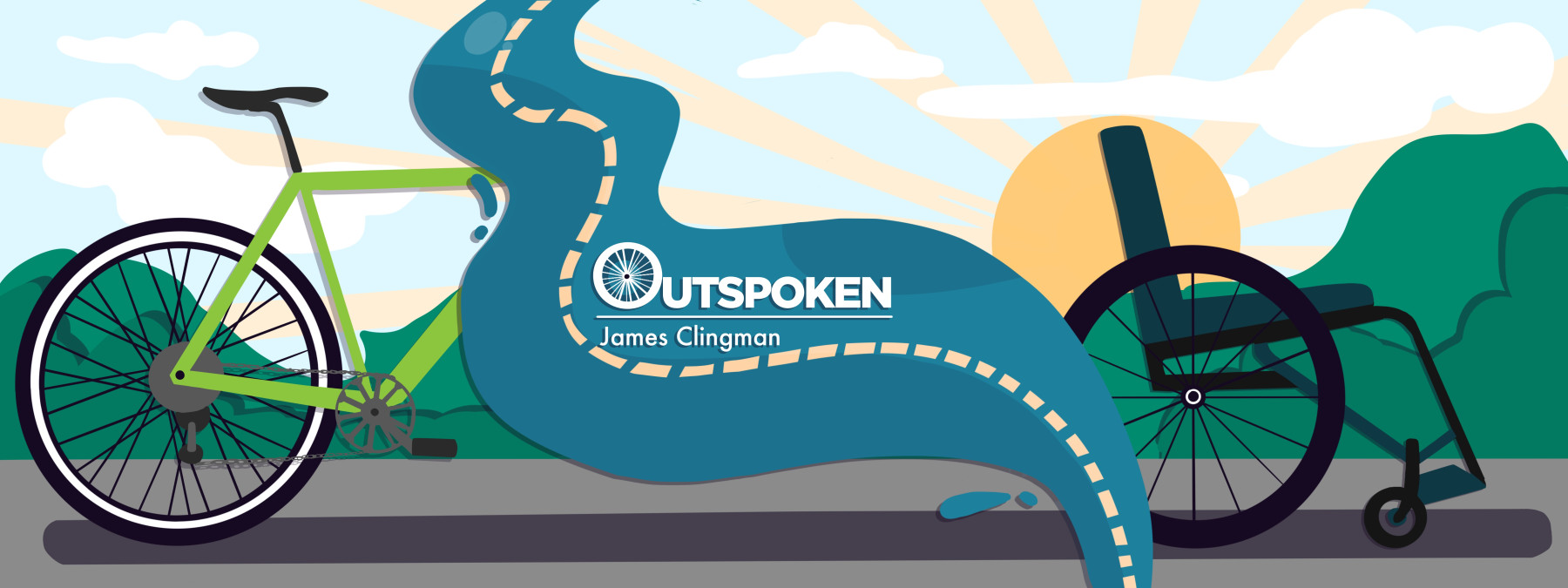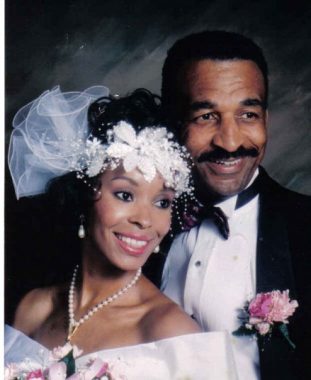Who Cares for the ALS Caregiver?
Columnist James Clingman expresses praise and gratitude for caregivers

Often, as we discuss the ravages of disease, we give short shrift to one of the most vital aspects of debilitating illnesses like ALS. We offer our sympathy, prayers, money, remedies, and sentiments, which are all very positive and appreciated. What’s missing, though?
A little imagination and a broader perspective would go far in making our lives easier.
This column will discuss the most important person to those of us with debilitating diseases: the caregiver. While our doctors, nurses, therapists, advocates, researchers, attendants, technology experts, and donors are integral to our comfort and convenience, the caregiver is the glue that holds all of it together.
Some caregivers work full time, have disabilities themselves, and may even become ill; nevertheless, the buck still stops with them. They are the last line of defense. Many of us would not be here were it not for caregivers, our personal angels.
A few years ago, a news story featured a woman who had ALS and was being cared for by her son, who looked to be in his late teens or early 20s. During the height of her struggle, Lou Gehrig showed up at her son’s door. Hard to even imagine, isn’t it?
Caregivers deserve a break
Who cares for the caregivers? How are their needs satisfied? They may suffer from an array of mental and physical health issues. Depression, muscular injuries, chronic fatigue, insufficient sleep, lack of exercise, and poor diet are a few possibilities. Depending on the patient’s condition, to some extent, the help can come from family members, attendants, friends, and neighbors. But for patients with serious conditions, their primary caregiver’s future could, ironically, be filled with therapists, surgeries, and medications.
So let’s give them a break at least four times a year. Two months after my ALS diagnosis, Timothy Keller, the author of “Walking with God through Pain and Suffering,” appeared on the evening news, after which I immediately ordered his book. It is filled with accounts of individuals and families going through trying times with various illnesses.
The following quote was eye-opening for me, so much so that I used it in my second book to illustrate the importance of caregiving. Keller wrote, “At the right time, a despondent person may need a confrontation, to be challenged. But she also may need a walk by the sea and a great meal.”
A caregiver’s life shouldn’t end because their loved one is sick or incapacitated. So, as a caregiver, even if some judge and criticize you for leaving your loved one for a few days, do not let it bother you. Everyone needs a respite every now and then, especially someone who spends a great deal of time providing care for someone else.
One more piece of advice: Do not feel guilty about taking a break. Guilt travels well and will definitely keep you from enjoying your time away from the daily hassles. Believe me, most incapacitated people would be happy to see their caregivers have a great time for a while, knowing that when they return they will be refreshed and rejuvenated.
It’s also important for the patient to empathize with the caregiver. Understand and acknowledge the reality of their day. In addition to household chores, some are faced with (pardon the graphic language) urine, vomit, spit, feces, bedsores, hemorrhoids, and other unpleasant things. That is more than enough to warrant a little time off. Wouldn’t you agree?
The main goal of this column is to bend the curve a bit regarding many people’s perception of ALS and other rare and lesser-known diseases. When it comes to ALS, many only envision Lou Gehrig, a power chair, or the Ice Bucket Challenge. Hardly anyone thinks of the caregiver and what it takes to maintain the life of the patient. I hope to explore other challenges and opportunities in future columns.
Until then, tip your hat, raise your glass, clap your hands, and stand up and cheer for our caregivers. On a personal level, I salute and thank my wife, Sylvia, for providing excellent care, and for enduring all of the sacrifices that have come with the last nine years of our 31-year marriage.

James and his wife, Sylvia, who is his full-time caregiver. (Courtesy of James Clingman)
Note: ALS News Today is strictly a news and information website about the disease. It does not provide medical advice, diagnosis, or treatment. This content is not intended to be a substitute for professional medical advice, diagnosis, or treatment. Always seek the advice of your physician or other qualified health provider with any questions you may have regarding a medical condition. Never disregard professional medical advice or delay in seeking it because of something you have read on this website. The opinions expressed in this column are not those of ALS News Today or its parent company, BioNews, and are intended to spark discussion about issues pertaining to ALS.








Comments
chris nelson
great article I'm a care giver for als and boy its overwhelming you got to have the right mind set .love and patience
Mellisa Hastings
Thank you for this article. From a caregiver who’s husband died in April 2022. Although I could not take much time off; only an hour or two, here or there. This article reminds me that it wasn’t selfish of me to try to steal away some time by myself.